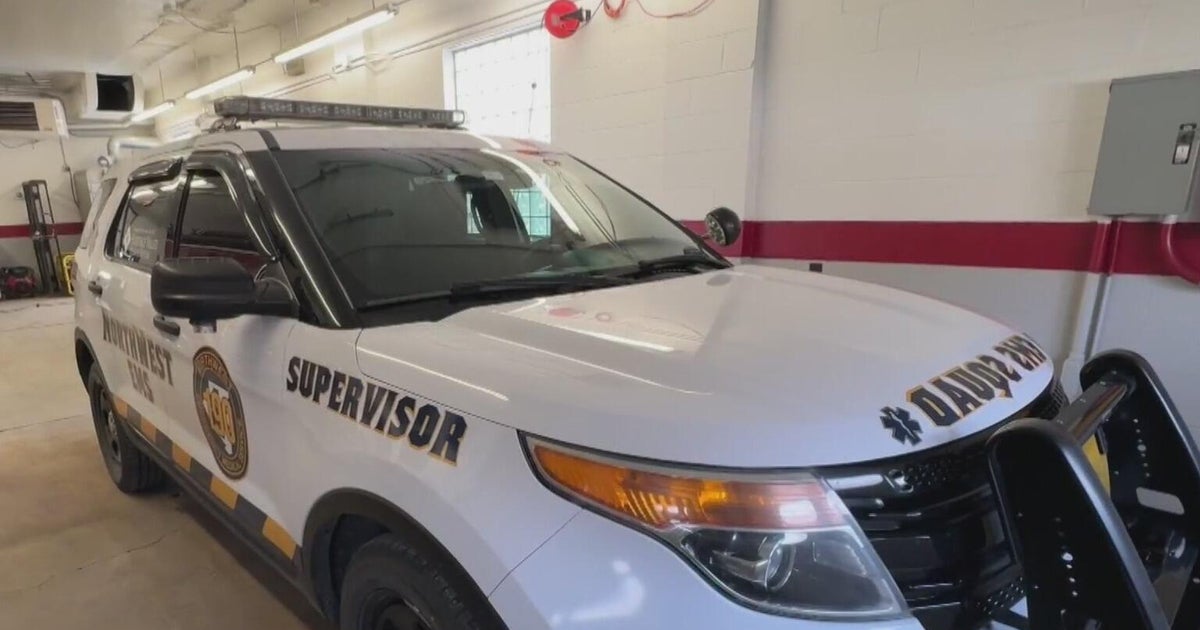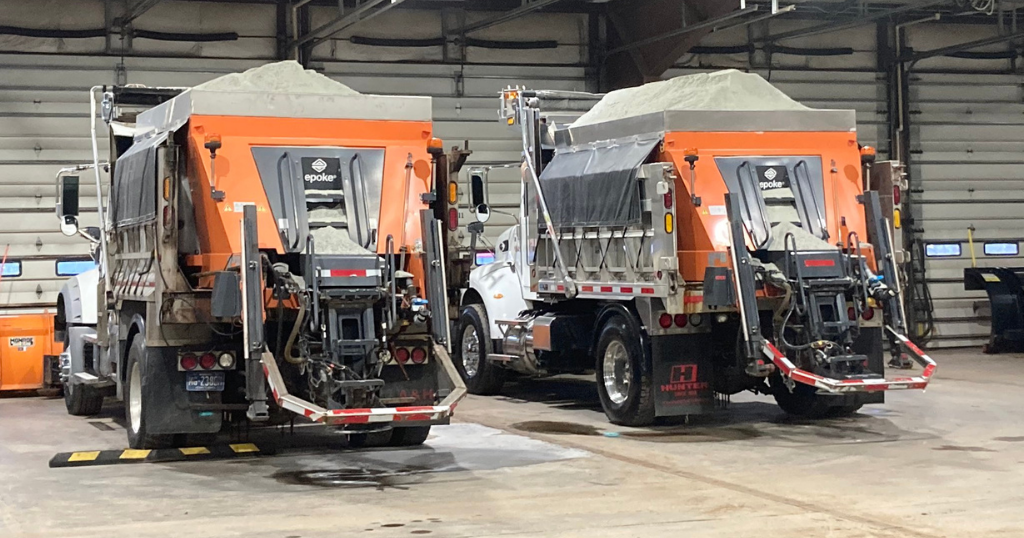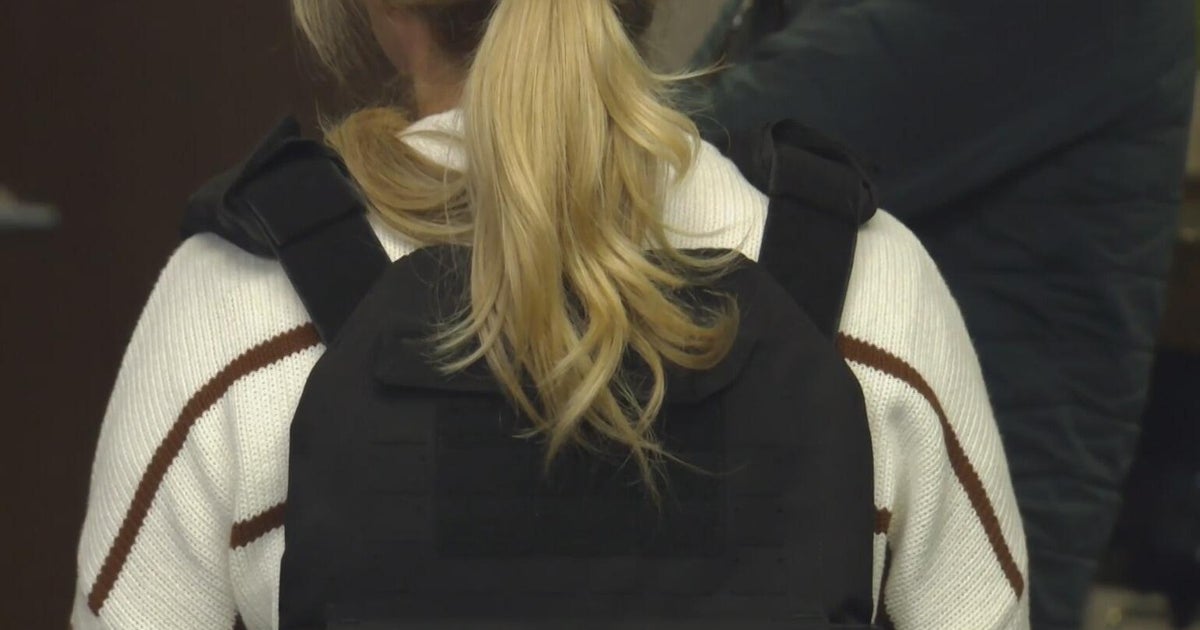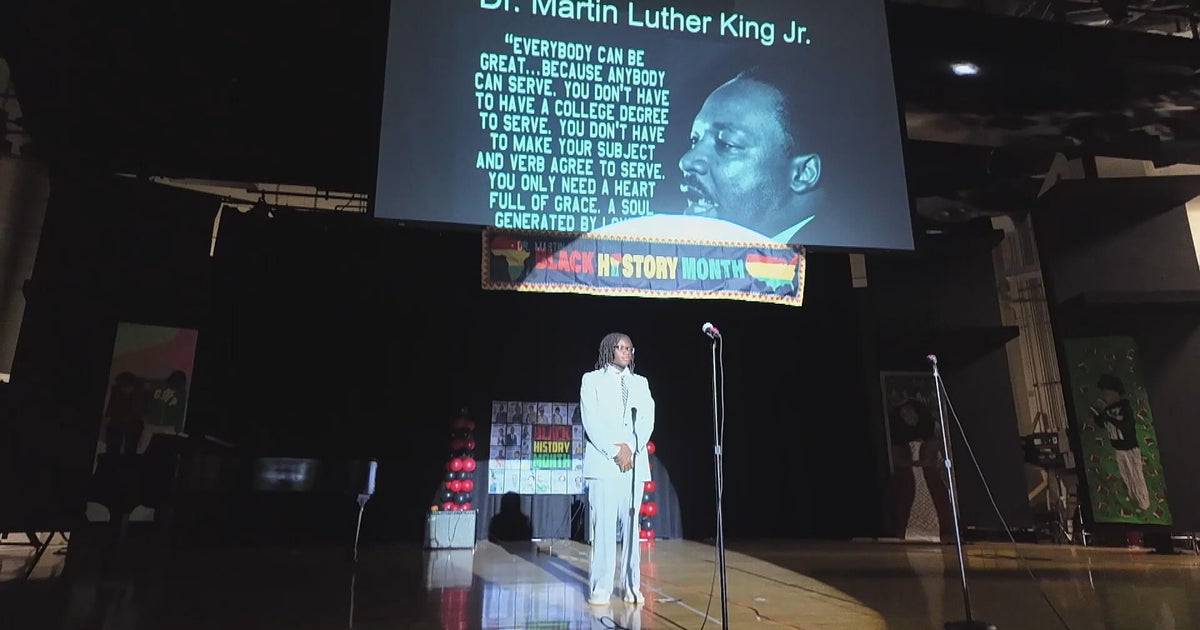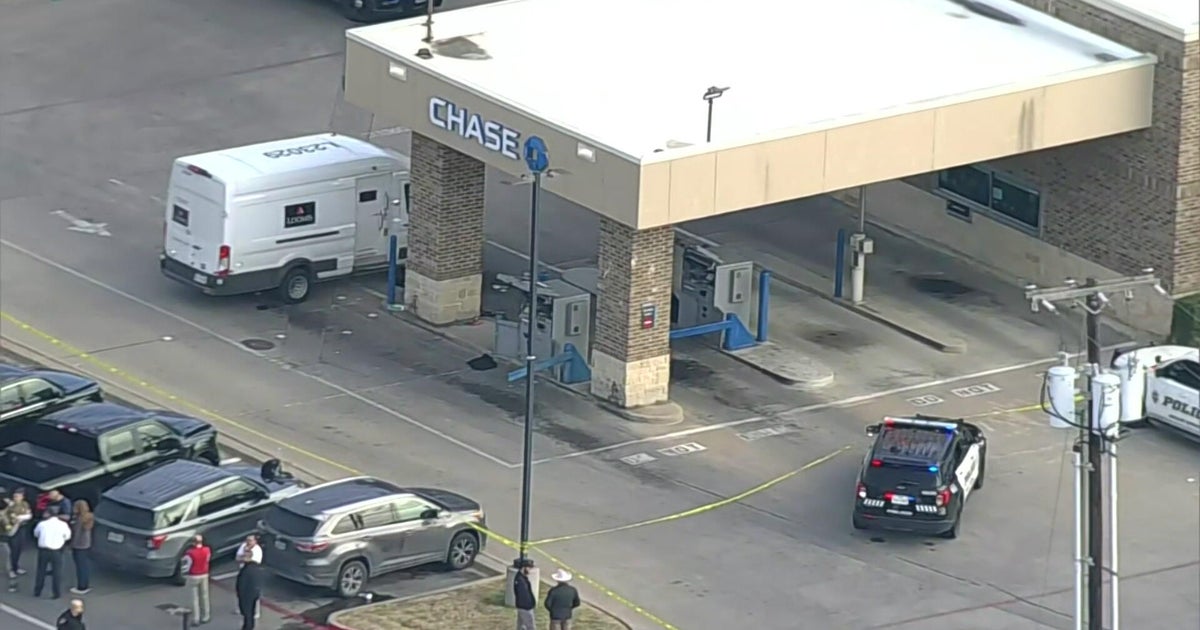Bleeding Control Training Session For Mass Casualty Events Held In Monroeville
MONROEVILLE, Pa. (KDKA) -- Nearly 100 first responders from local police, fire and EMS departments spent the day in Monroeville for some very specific training.
They learned how to best control bleeding in cases of mass casualties.
The images from such tragedies are etched in our minds. Think back to April 2014 when a student stabbed 21 classmates and a security guard at Franklin Regional High School.
Chris Dell is the assistant chief of the Baldwin EMS and the chairman of the Allegheny County EMS Council.
He said things have changed for first responders in recent years.
"At one point, safety seemed to be our topic," Dell said. "Bleeding control seems to be what we are doing these days ... The number one mass casualty incident that we seem to have to deal with seems to always contain lots of bleeding."
That is why the emergency responders attended the second Bleeding Control Training Session at the Monroeville Public Safety Training Center.
Greg Porter of the Ross/West View EMSA is one of the people who organized the event.
"We have done a number of basic and advanced command schools for mass casualty care," Porter said. "We do a number of drills in many public places like malls and areas like that. So this is an on-going effort to continue to prepare our responders for mass bleeding events."
An Army Special Forces Sergeant with service time in Afghanistan, a UPMC trauma surgeon and physician from Pittsburgh SWAT all spoke at the event.
"The more you practice it, the better you become at it," Porter said. "These are skills we never, ever hope we need to use, but we need to work together. We need to execute these skills in less than pleasant environments, and we need to do it very fast."
Since 2016, more than $1 million of bleeding control gear has been given to first responders in our region.
Each person in attendance was given an individual first aid kit that can be used to help stop bleeding as quickly as possible. The kit included a Combat Application Tourniquet, some wound packing gauze, medical gloves, a chest seal and a pressure dressing.
There are larger kits that have more specific supplies, including one that carries eight disposable litters, which allows EMS, fire and police officers to move patients quickly. All they have to do is rip open the Velcro and pull out one of those litters and go to work.
"As the problems change, so will our training and so will our preparation so that we are always vigilant and always ready for whatever comes at us next," Porter said.
